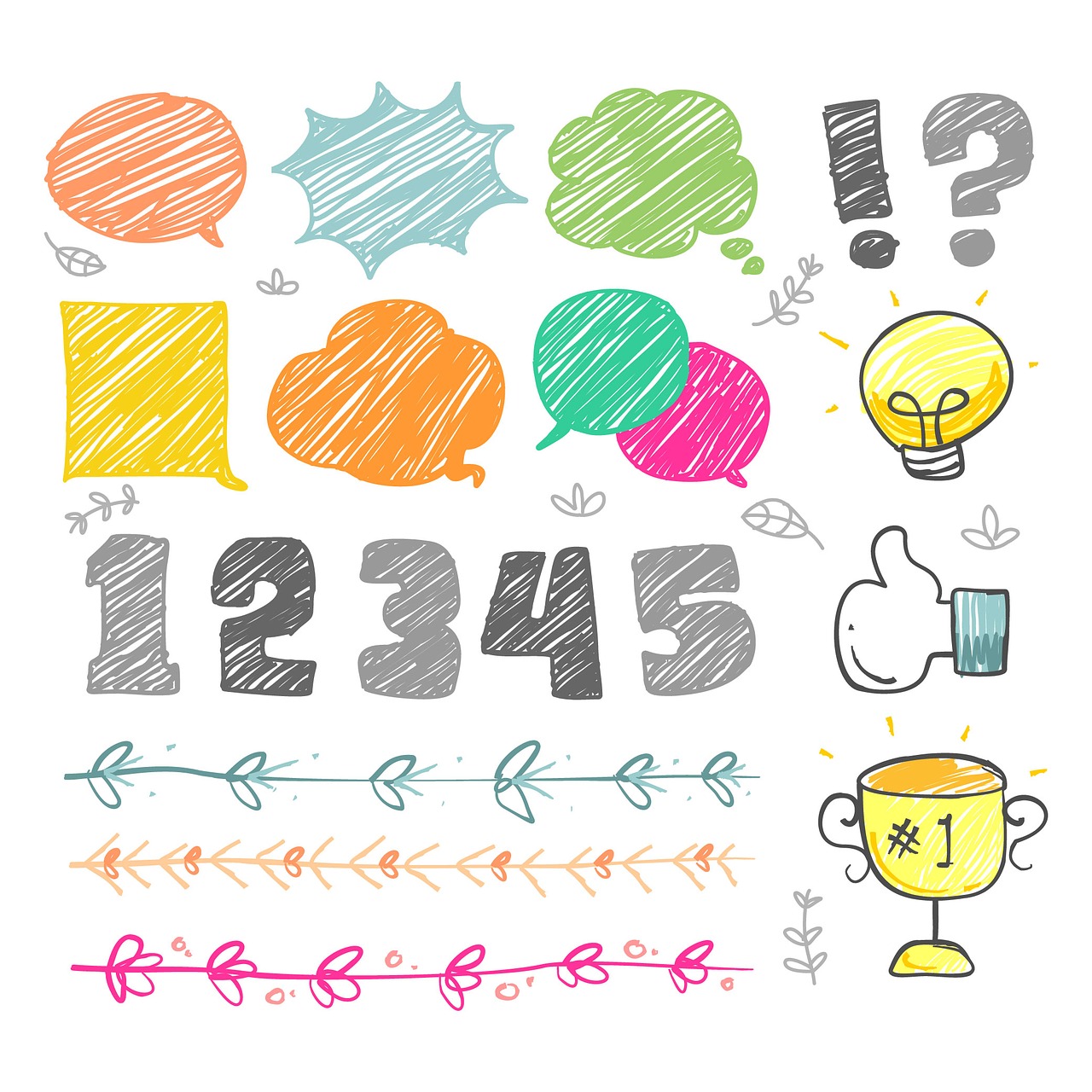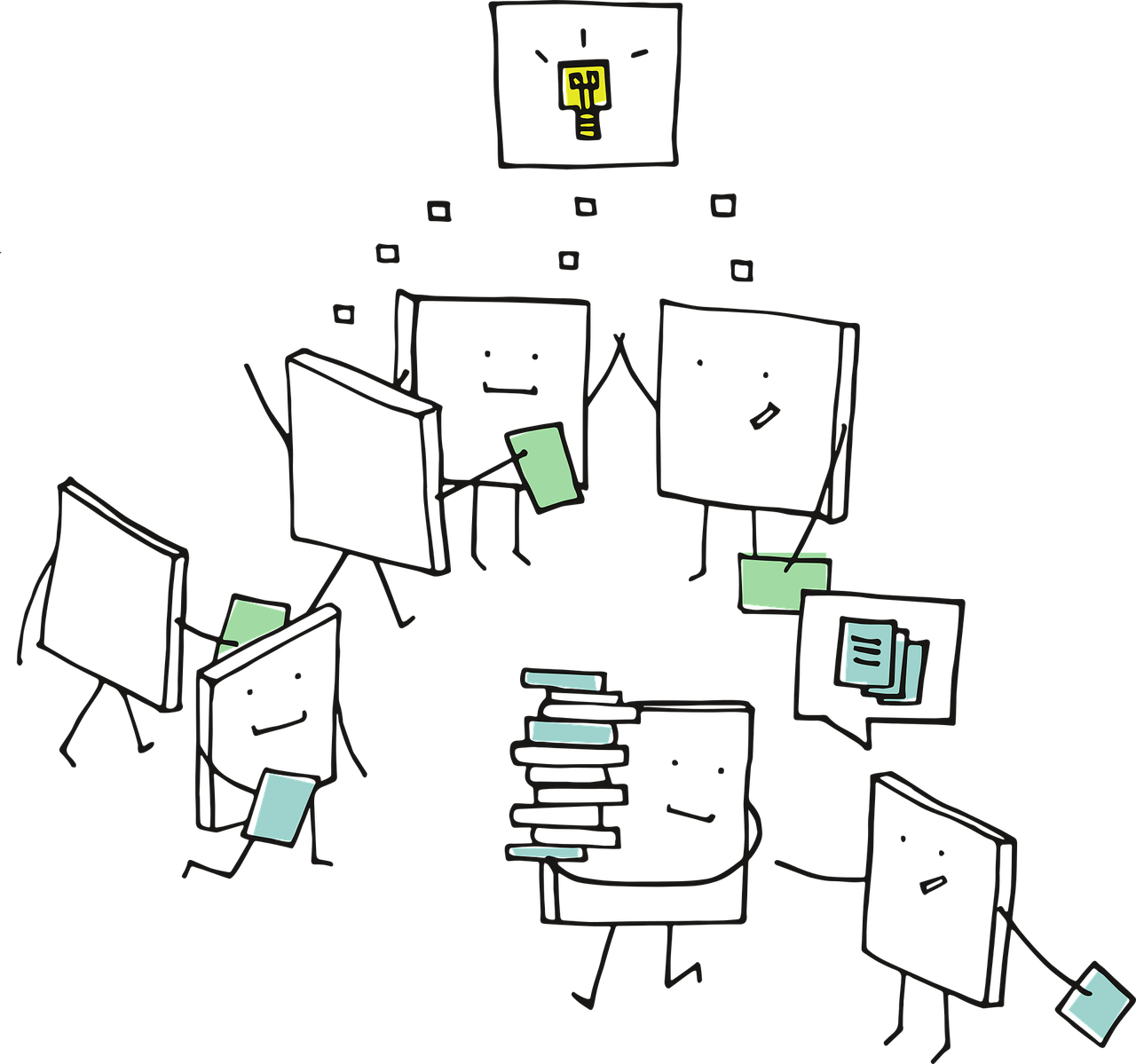
A strategy to discuss major and minor life or cultural events in the target language.
Image by Freepik
This strategy is NOT simply about presenting vocabulary related to the calendar. Instead, it is about discussing events that your students are experiencing or cultural events in the target culture and being able to engage in those conversations while looking at a calendar. This is a great way to build relationships between you and your students while providing lots of input!
Students are already used to the format and uses of a calendar, therefore it sets up a routine for providing “Small Talk” or opportunities to connect with students about routine bits of life, language, culture, and everyday happenings. There are several techniques used with Calendar Talk, namely Circling and TPR (Total Physical Response) or gestures that are used to pre-teach elements necessary for discussing the calendar & events.
Featured video:
Check out Kumu Sanborn's demo on how and why she uses Calendar Talk in her Hawaiian Language (‘ōlelo Hawai‘i) classes.
By Claudia Elliot
French One - Calendar Talk with Tina Hargaden
Jamboard for Small Talk
by Kevin Sledge
5 Ways to Jazz Up Weekend Talk
By AnneMarie Chase
A: Calendar Talk originated from Tina Hargaden. The concept of Calendar Talk has grown into new iterations (Small Talk) and more narrow themes (Holiday Talk, Weekend Chat). However, the format is still based on Calendar Talk, no matter the title!
Calendar Talk lends itself to action sentences - talking about what you did or are going to do. But it is also a chance to highlight personal events that students share - a birthday, a football game, a vacation plan. It's an opportunity to use numbers, days of the week, and time markers (yesterday, next month, later) in context.
Tip - talk about Holidays that are particular to your target culture! Rethink Holidays as opportunities to bring historical figures, important people, & cultural practices into the conversation. Discuss silly holidays & things happening on social media or in the news. Follow your student's interests and the energy of the class.
Some days, it's just about saying the date in the target language and briefly checking in with students. Other days, even as little as once a month, calendar talk can be a full lesson about a historical person or event. If the energy is there, if students are excited to talk about upcoming Spring Break plans for instance, keep the input going!
Do this strategy a couple times a week, or less. Do a countdown till the end of school to introduce large numbers. Provide a math problem for them to figure out today's date. Highlight parts of the month in a different colors to bring in vocab like colors that can otherwise get lost with CI. Take away the numbers entirely and use symbols or moon phases...

After providing lots and lots of input through calendar talk, co-create a text that is both compelling (your students contributed to the discussion so they are invested in it) and a comprehensible reading passage that you can use later to do more input-based activities. As you write, ask clarifying, yes/no, either/or questions as a way to check for comprehension and engage them in the writing process. Compare and contrast, write what is and what isn't , what someone is going to do, and what someone did. Shelter vocabulary, not grammar!

Check for comprehension (aka formative assessment!) by getting your students moving. Ask yes/no questions based on the information discussed. If the answer is yes, students move (stand up, move to a new location, etc.) Ask a question with multiple options. Students move to a corner of the room that aligns with their chosen option. Play "Find someone who..." using info from what was discussed during Calendar Talk. Find someone who did the same thing as you over the weekend, someone who didn't go out of town on Spring Break, someone who has a summer birthday...
Using the write-up from write & discuss, do a quick quiz or written assessment. Students take out a piece of paper and answer true / false questions, either/or questions, or open-ended questions about the calendar discussion. This falls under the "interpretive" category - students are receiving input and making sense of it, then demonstrating that comprehension.
Can-Do statements - have students self-reflect using Can-Do statements to see how they feel about their own capabilities. Free-writes - Give students 5 minutes to write down anything they can, bullet format or full sentences, drawing pictures or illustrations, to demonstrate their comprehension.
There are so many ideas for assessment! For a better, more comprehensive deep dive into assessments for standards-based and proficiency-oriented language teaching, read Martina Bex's article on assessments for language classes and standards-based grading. Also Scott Benedict's articles on assessments and standards-based grading.
Have you used calendar talk in your classroom? Do you have tips, resources, a story or video demonstration to share? Drop me a line!
